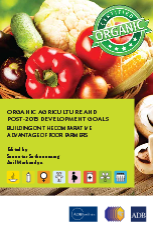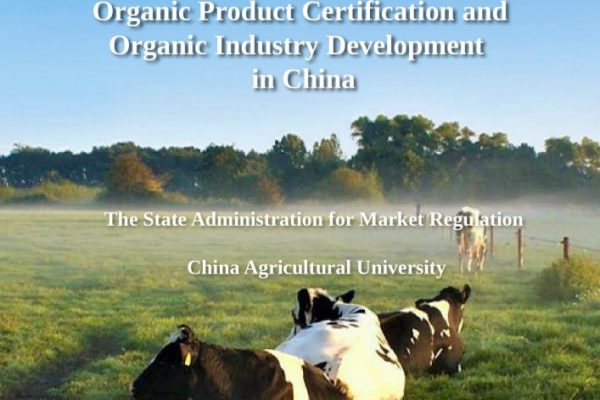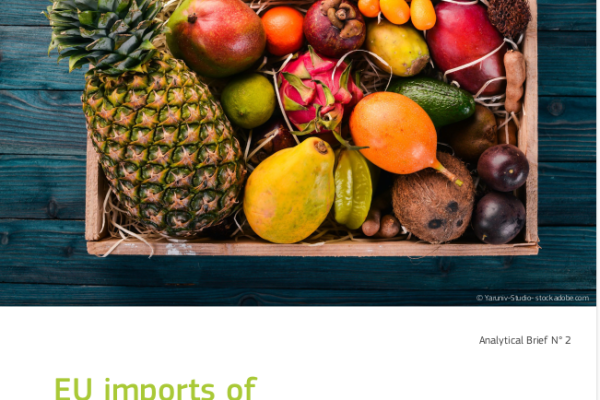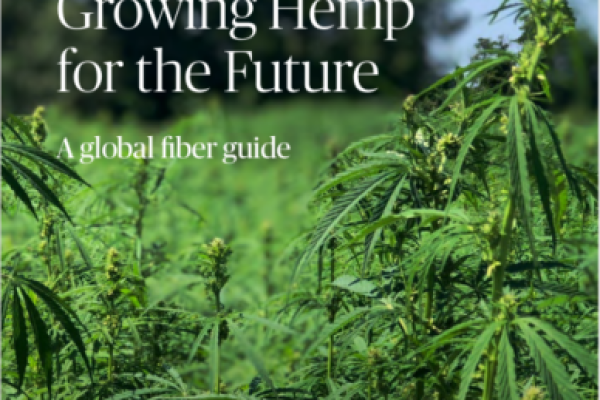
A careful review of the evidence from a number of Asian countries demonstrates that organic agriculture has contributed to several of the Millennium Development Goals (MDGs) and that it also serves the broader objective of managing the environment in a sustainable way. While it is still a very small fraction of total agriculture, the scope for organic agriculture to contribute to the MDGs and to their successors after 2015 (the post-2015 Sustainable Development Goals [SDGs]) is really quite significant.
The book makes an evidence-based case for organic agriculture in developing countries, particularly those in Southeast Asia. It starts by examining the data from organic agriculture farms, comparing them
with those from nonorganic agriculture farms to see what can be said about the effects of organic agriculture on the livelihoods of comparable people and in terms of the MDGs (Chapters 1, 8, and 9).
The book then goes on to look at the economic dimension of promoting organic agriculture and actual experiences in implementing it. It explores the following questions: Are the benefits of such programs justified in terms of their costs (Chapter 2)? Does certification help farmers in terms of increased incomes for their products (Chapter 3)? How well has certification worked to increase incomes and livelihoods in particular cases (Chapter 4)? Which benefits motivate farmers to adopt organic agriculture (Chapter 5)? (This is important as a guide to which policies to use to promote the practice.) Is organic agriculture the best way to improve rural livelihoods, or can we do better through other interventions, such as promoting biofuels (Chapter 6)? What are the macroeconomic impacts of promoting organic agriculture (Chapter 7)?
Following these chapters, the book looks at evidence on some of the big environmental questions related to sustainable agriculture. The first is its role in sequestering carbon, a major issue given the threats we face from climate change (Chapter 11). A second is enhancing biodiversity and preventing the loss of genetic material (Chapter 12).
Finally, the book considers some of the big issues in the debate surrounding agriculture which touch on organic agriculture in developing countries. One deals with the environmental costs of shipping agricultural products over large distances (food miles, Chapter 13). Another is whether organic agriculture does indeed lower yields and thereby reduce our capacity to feed the growing population of the planet (Chapter 14).
ดาวน์โหลดหนังสือได้จากเว็บไซต์ของ ADB / Download the book from ADB website [link]



